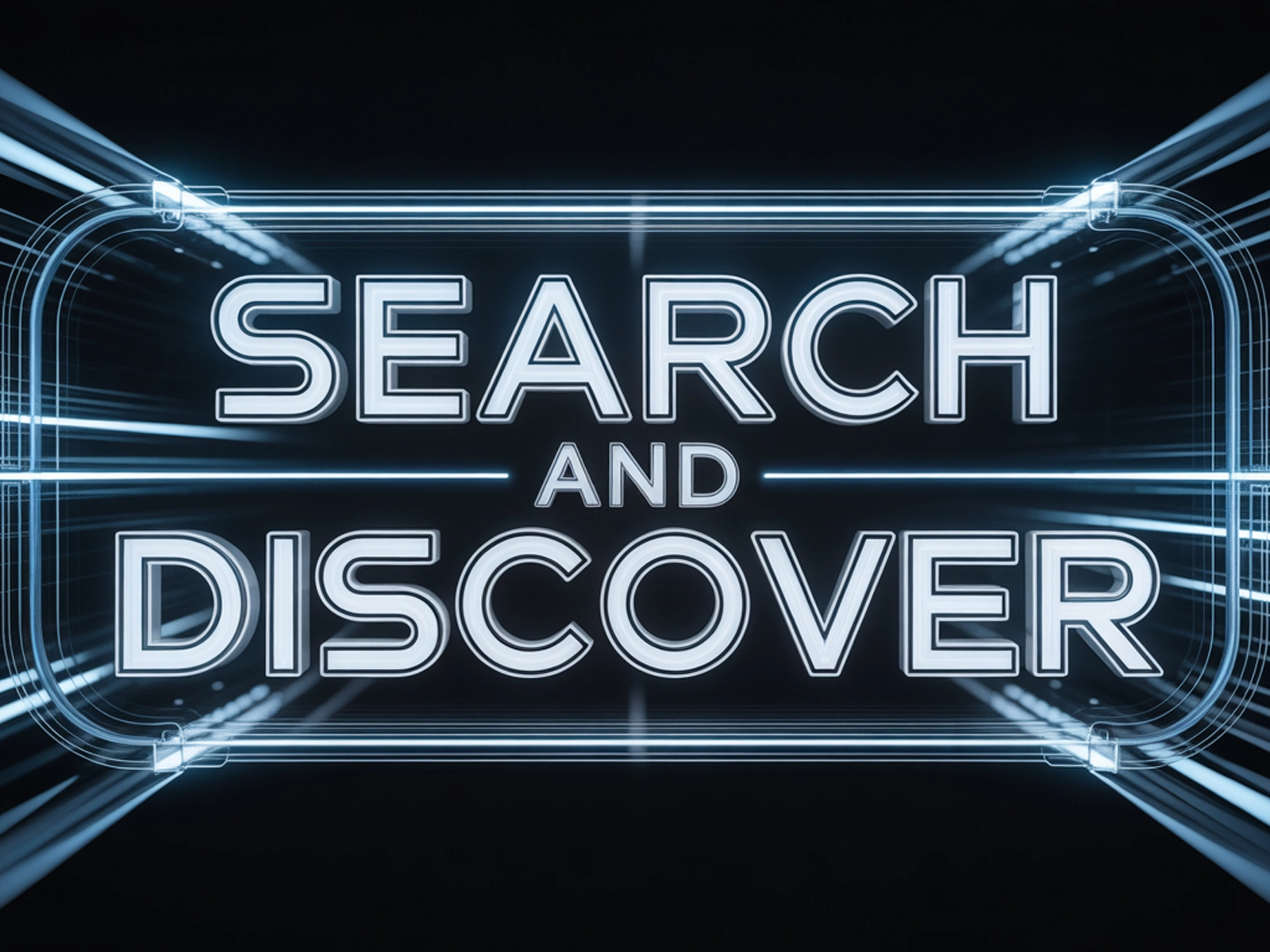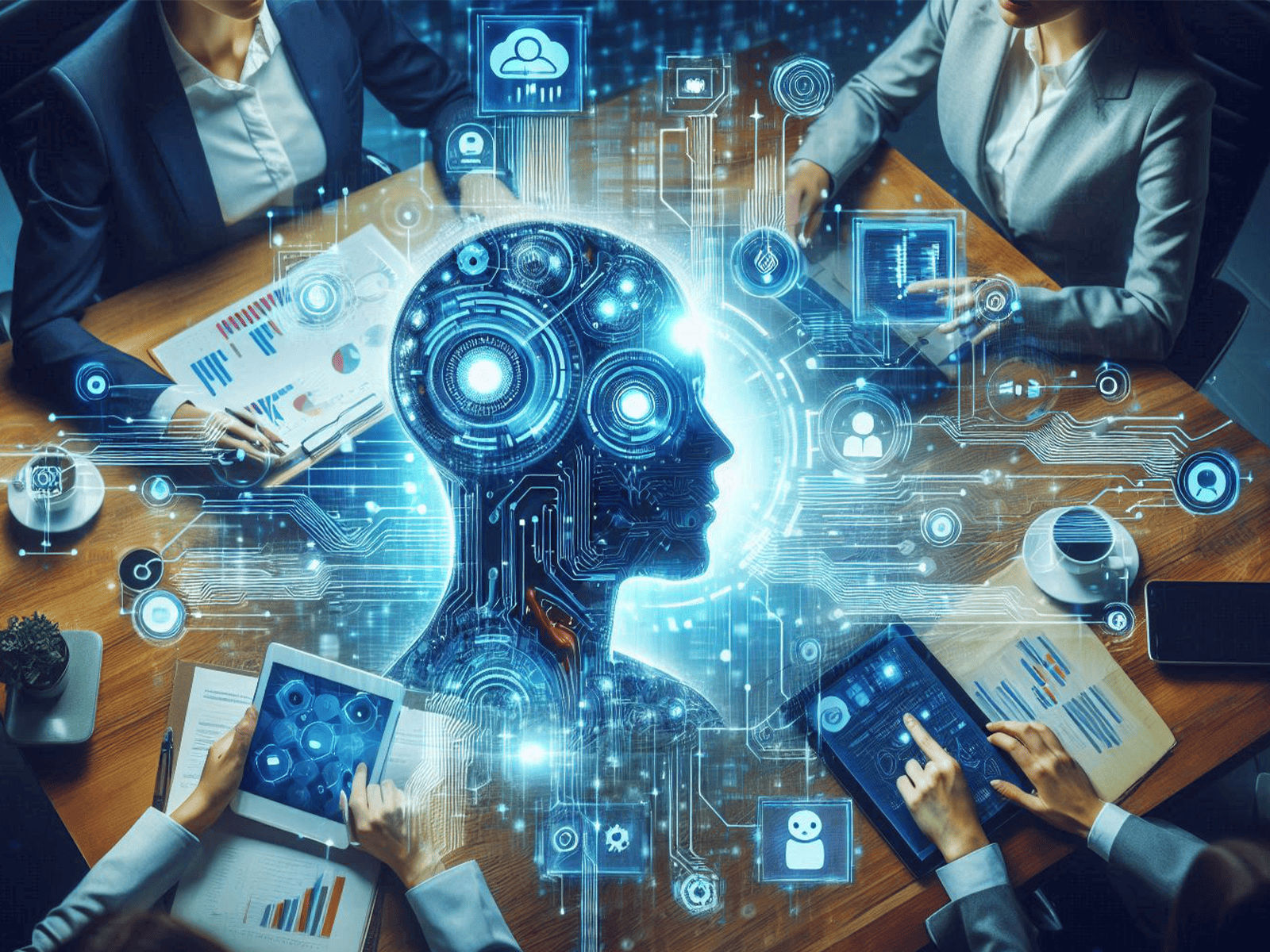
How to make Search and Discover show your perfect image
What changes in Google Ads API Developer Assistant v2.0?

How stylistic features impact user engagement in AI-generated content

4 minutes
Artificial intelligence isn’t replacing marketers — it’s transforming them. And while many companies are already actively experimenting with AI, most are still unprepared to fully integrate this technology into their business operations. We are on the verge of a major transformation — and here’s what to expect in the coming years.
Despite the massive hype surrounding artificial intelligence, its actual integration into enterprise workflows remains sluggish. According to HFS Research, only 8% of companies have achieved organization-wide AI adoption. A McKinsey survey shows that fewer than 20% of businesses have reported revenue growth due to AI, while only 23% saw cost savings — and just 6% of them managed to reduce costs by more than 10%.
Why is that? Most organizations are still in the experimental phase. Results are inconsistent, and the costs often exceed expectations. This is creating a widening gap between those already realizing AI’s value and those who haven’t started or are stuck in pilot mode.
The primary barriers to AI implementation remain largely unchanged:
Even with more user-friendly tools and interfaces, concerns over data privacy, potential information leaks, and the risks of biased algorithms are still valid. Large Language Models (LLMs) often lack contextual awareness and responsibility. That’s why organizations must learn to manage these risks — not avoid the technology altogether.
Marketing has always been a data-driven function, which is why it’s among the first to embed AI into everyday processes. But the future isn’t just about generating texts and images.
A new generation of autonomous agents is beginning to take over complex tasks without human involvement:
Marketers will spend less time executing and more time directing. Humans will focus on strategy, while AI handles execution.
A common fear is that AI will “steal” jobs. However, McKinsey research tells a different story:
Work will evolve: routine tasks will be automated, freeing people to focus on creativity, analytics, and strategic planning. Customer service will move beyond “scripted replies” to become a more consultative and humanized experience, empowered by AI.
Amid sky-high expectations from the AI boom, the industry is approaching a reality check — what Gartner calls the “trough of disillusionment.”
Early warning signs are already visible:
This doesn’t mean AI is broken. It simply reflects a maturing market, where organizations must adapt and refine how they implement these tools.
Despite the challenges, the future of AI in marketing looks incredibly promising. We can expect:
Organizations that invest in smart, strategic AI adoption today will gain competitive advantages tomorrow — through revenue growth, improved customer experiences, and more engaged teams.
Artificial intelligence isn’t a magic button that solves every problem. But it is a powerful tool capable of reshaping how marketing teams operate. The winners won’t be those who simply adopt AI, but those who do it with clarity, purpose, and proper risk management.
This article available in Ukrainian.
Say hello to us!
A leading global agency in Clutch's top-15, we've been mastering the digital space since 2004. With 9000+ projects delivered in 65 countries, our expertise is unparalleled.
Let's conquer challenges together!
performance_marketing_engineers/
performance_marketing_engineers/
performance_marketing_engineers/
performance_marketing_engineers/
performance_marketing_engineers/
performance_marketing_engineers/
performance_marketing_engineers/
performance_marketing_engineers/